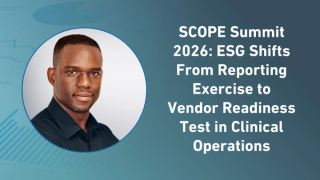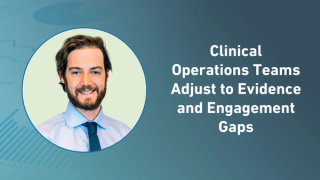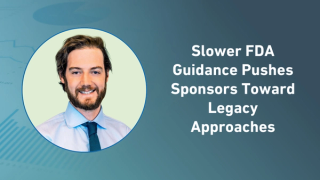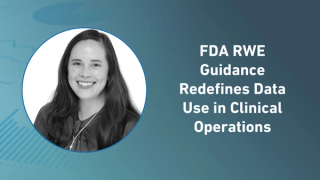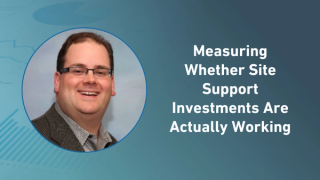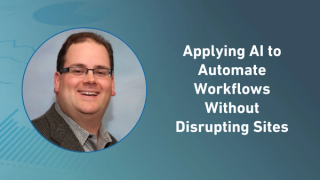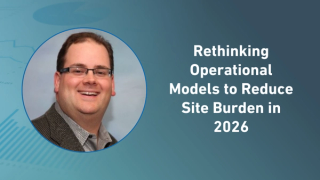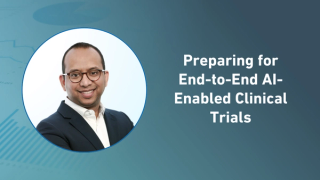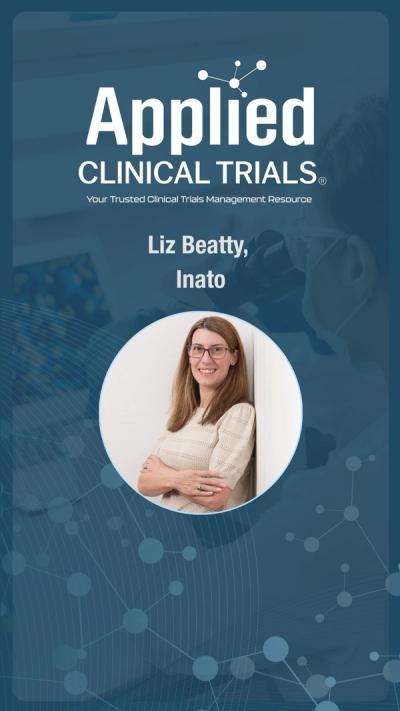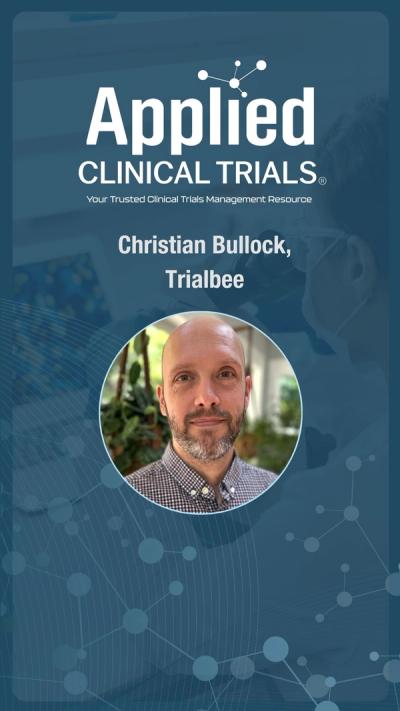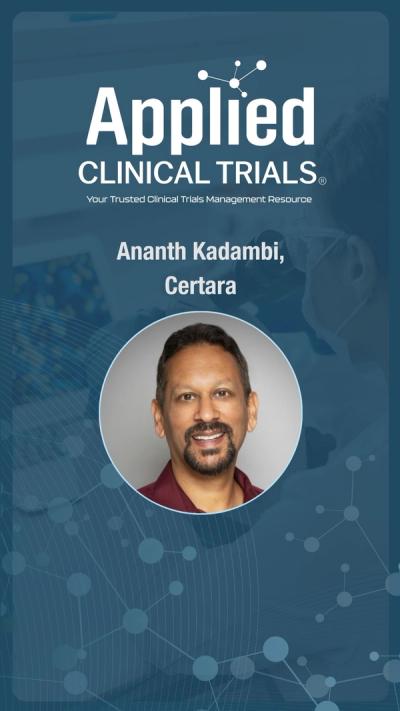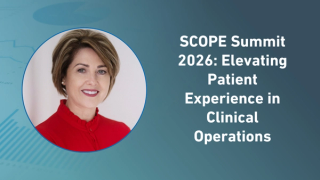
Clinical Operations & Strategy
Latest News

Latest Videos

Shorts
More News

Persistent recruitment delays, high dropout rates, and missed timelines continue to slow global clinical trials, while data show that sub-Saharan Africa offers a largely untapped opportunity with established research capacity, large patient pools, and strong enrollment and retention performance.

Webinar Date/Time: Tuesday, January 27th, 2026 at 11am EST | 8am PST | 4pm GMT | 5pm CET

This pilot project evaluated whether targeted training could strengthen clinical research capacity at community cancer centers, improve readiness to conduct oncology trials, and support more inclusive patient enrollment by addressing barriers, building foundational skills, and increasing staff confidence in trial implementation.
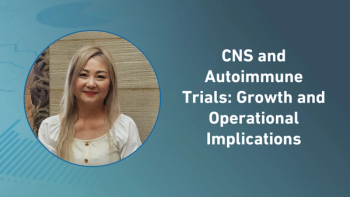
Explore the drivers behind increased investment in CNS and autoimmune trials, including pain, mental health, and inflammatory conditions, and see how technology, decentralized trials, and hybrid designs are shaping study operations.

The Value of Pragmatic Randomized Clinical Trials: Strategic Approaches for Real-World Impact
Webinar Date/Time: Thu, Nov 20, 2025 11:00 AM EST | Broadcast Duration: 1 hour
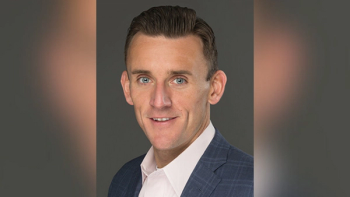
A redesigned look and inaugural State of the Industry survey highlight Applied Clinical Trials' October issue.

The quest to turn patient retention from a chronic challenge into a competitive strength—and one that benefits all stakeholders.

With global supply chains inherently vulnerable to trade policy shifts, the consequences for clinical research can be significant without proactive planning. The eight core elements of a tariff contingency plan are outlined.
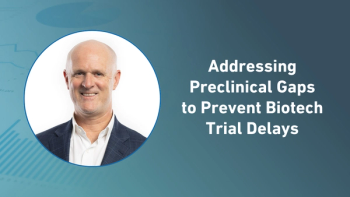
Gain insight into why early toxicology readiness and strong scientific collaboration with CRO partners are critical to accelerating trial startup and regulatory approval.

How a strategic approach to the pre-investigational and investigational new drug application process can be used as a business and clinical catalyst.
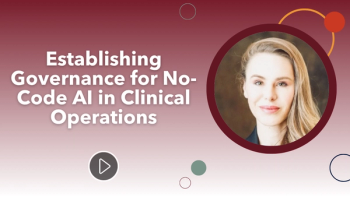
Examine strategies for validating, monitoring, and safely deploying configurable AI agents to ensure compliance and performance in clinical trials.

Capturing insights from clinical research professionals on the key trends and challenges shaping drug development today, from those in clinical trial operations and site relationships, to technology and AI, and the evolving regulatory and policy terrain.

Ways to identify false certainty, or "errogance," during the clinical site start-up-to-launch process—and better ensure site readiness and prevention of costly errors.
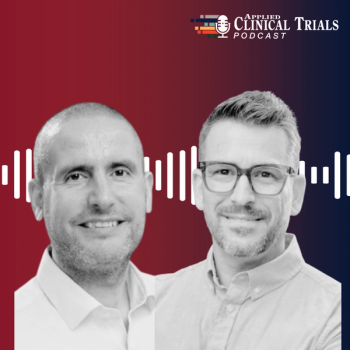
In this episode of the ACT Podcast, we highlight a recent Q&A featuring Ibrahim Kamstrup-Akkaoui, vice president of data systems innovation at Novo Nordisk; and a feature article by Chris Driver, senior director of product management, Patient Suite at IQVIA, in which they both highlight how sponsors are adopting automation to streamline operations.

Tom Cowen, head, healthcare, life sciences, Conga, explains how biotech startups use scalable contract management platforms to efficiently manage clinical trials, support CRO partnerships, and accelerate drug development pipelines.
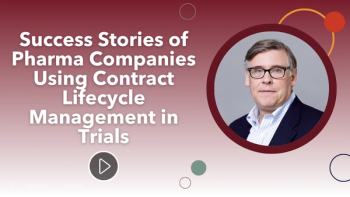
Tom Cowen, head, healthcare, life sciences, Conga, shares how leading pharmaceutical companies are using Contract Lifecycle Management to streamline global studies, reduce onboarding times, and standardize clinical trial processes.
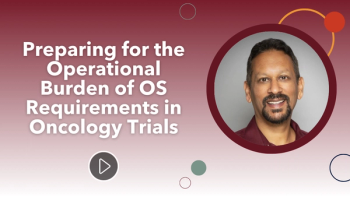
In this video interview, Ananth Kadambi, VP of real-world evidence and modeling solutions at Certara, highlights how clinical operations teams must enhance patient tracking, engage data monitoring committees earlier, and plan subgroup analyses to meet FDA’s overall survival guidance.

Tom Cowen, head, healthcare, life sciences, Conga, outlines how AI-driven contract management helps pharmaceutical companies simplify global clinical studies, reduce risks, and accelerate trial timelines.

Tom Cowen, head, healthcare, life sciences, Conga, explains why investigator onboarding creates significant delays in clinical trials and how smarter contract management can help sponsors accelerate study start-up.
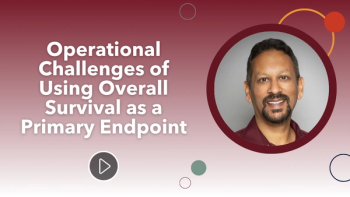
In this video interview, Ananth Kadambi, VP of real-world evidence and modeling solutions at Certara, outlines how FDA’s emphasis on overall survival in oncology trials requires stronger safety monitoring, subgroup planning, and patient tracking.
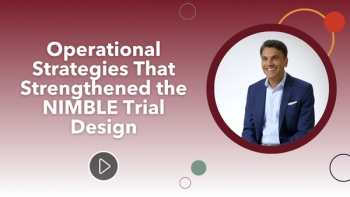
In this video interview, Umesh Chaudhari, executive medical director and global program head of the C5 programs at Regeneron, describes how double-blind double-dummy dosing, standardized assessments, and site training ensured protocol adherence and data integrity in the NIMBLE trial.
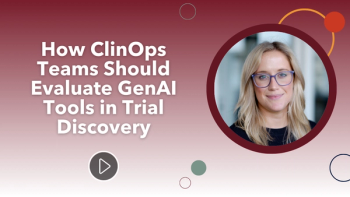
In this video interview, Adrianne Rivard, senior community development manager at myTomorrows, explains why compliance with privacy standards and physician training are critical for safe and effective use of GenAI in clinical trial discovery.

A new systems-based framework helps sponsors and CROs move beyond prediction to understand why site selection succeeds or fails, enabling targeted interventions that boost recruitment, data quality, and trial efficiency.
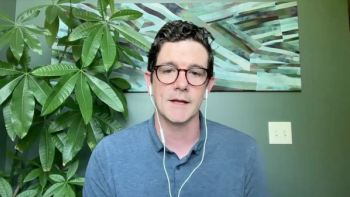
Craig Lipset, co-chair, Decentralized Trials & Research Alliance (DTRA), and Kyle McAllister, co-founder, CEO, Trially, discuss how research sites are navigating political funding pressures, adapting to NIH budget constraints, and leveraging new cost-containment strategies to sustain clinical research.

In this video interview, Caroline Potts, general manager of sites and patient services at Medical Research Network (MRN), highlights how listening to site insights and adopting flexible models such as temporary community-based clinics, can reduce patient travel burdens, improve enrollment efficiency, and stretch trial budgets further.





